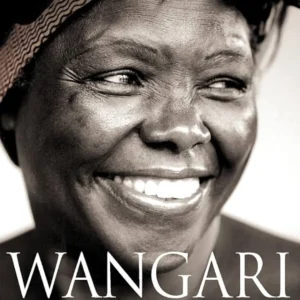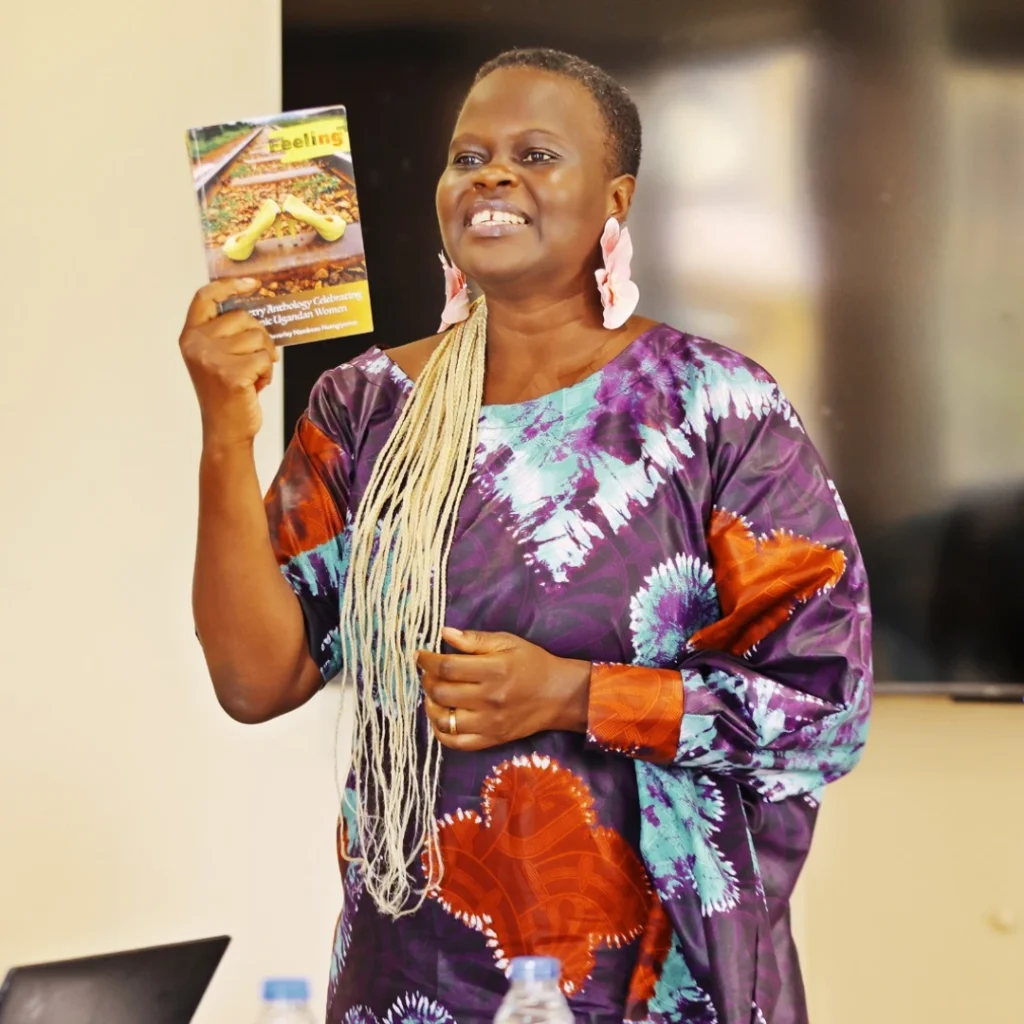
I have had countless deep, passionate, and heartfelt conversations with my Kenyan friends about Unbowed, the memoir of Professor Wangari Maathai—an inspiring Kenyan social, environmental, and political activist. (May she continue to rest in peace.) Her legacy is immense, and on my visits to Kenya, I have had the privilege of holding literary discussions in areas she designated for conservation and the arts. Walking through Nairobi, I’ve been mesmerized by the green spaces that are a testament to her efforts.
In 2022, while delivering a creative presentation for feminists at Oxfam’s climate change conference, I had the pleasure of meeting young feminists working with the Green Belt Movement, the very organization Professor Maathai founded. Together, we delved into her extraordinary life, particularly how she became the first African woman to win the Nobel Peace Prize in 2004. As we stood together, we reflected on how every small effort we make toward environmental protection and conservation will benefit future generations.
Unbowed is a beautifully woven memoir, filled with statements of conviction and stories of her unwavering commitment to environmental and political transformation. I’ve always been captivated by her traditional birth in a mud-walled house in Ihithe, a small village in Kenya’s Central Highlands. Her vivid descriptions of her homeland—where the air was fresh and the land abundant—show how her appreciation for nature was deeply rooted in her upbringing.
Little did she know, however, that her journey toward environmental preservation would be fraught with resistance from powerful political forces. These challenges brought both personal and professional stress but also opened up international platforms for her cause. She took on the political arena, not out of ambition but to further her environmental mission, even though it sometimes came at great personal cost.
Her name, Wangari, means “Of the Leopard” in Kikuyu. Her mother had once told her that if she ever saw a leopard’s tail, she should not step on it but rather tell the leopard she was one of them. This symbolism of strength and kinship with nature is deeply reflected in Wangari’s life and work.
Wangari’s early education journey was equally remarkable. In a time when boys were prioritized for schooling, she excelled, carving her path with brilliance. From writing on slabs to earning formal education, she gained a profound understanding of the world, which would later fuel her activism.
During colonialism, Wangari observed how traditional values in Kenya were disrupted. The colonizers turned the economy into a cash-driven system, exploiting natural resources—trees for timber, elephants for ivory, and cheetahs for their skins. Before this, her ancestors had lived in harmony with the land, recognizing the need to protect their environment.
In response to these destructive practices, Wangari founded the Green Belt Movement in 1977. By the mid-1980s, over two thousand women’s groups were managing nurseries and planting trees. The movement grew out of necessity as rural Kenyan women faced the drying up of streams, insecure food supplies, and the need to walk further for firewood. The Green Belt Movement became a powerful force for environmental and social change, tackling not just deforestation but also addressing the struggles of rural women.
Wangari’s personal life was no less challenging. After her marriage was annulled, she raised her three children as a divorced woman, facing the stigma and difficulties that came with it. Yet, she remained resolute in her goals.
In 2004, her relentless pursuit of environmental sustainability, democracy, and peace earned her the Nobel Peace Prize. Her memoir reveals the depth of her ideals and her belief in the importance of truth, justice, and humanity over selfish ambition or political correctness. Through her story, we are reminded of the power of perseverance in the face of adversity.
Seven years later, in 2011, Wangari Maathai passed away after battling ovarian cancer. Yet, her legacy lives on, both in Kenya and around the world. Through Unbowed, we witness the marvelous impact of her life’s work, and her commitment to leaving the world better than she found it continues to inspire.

